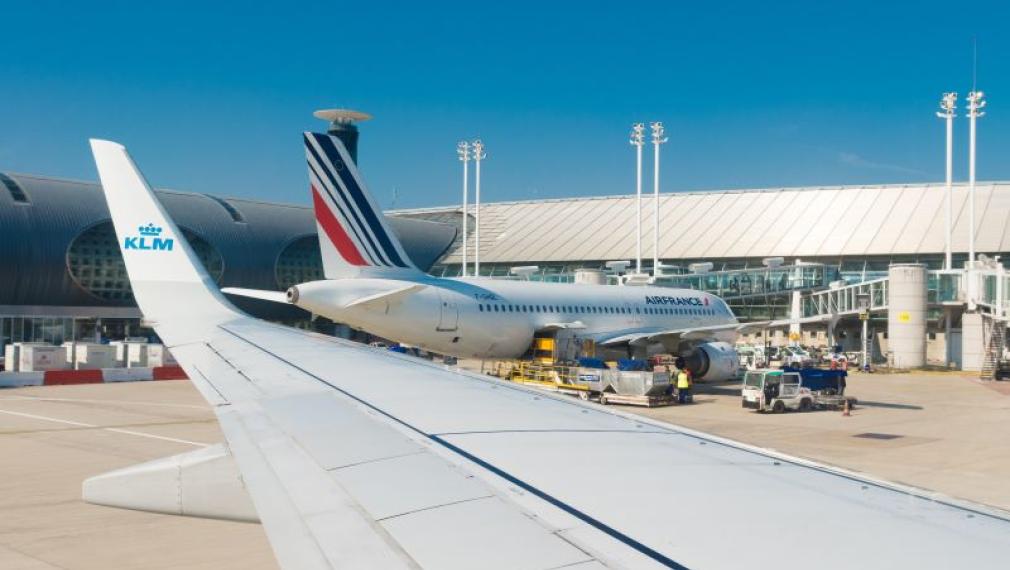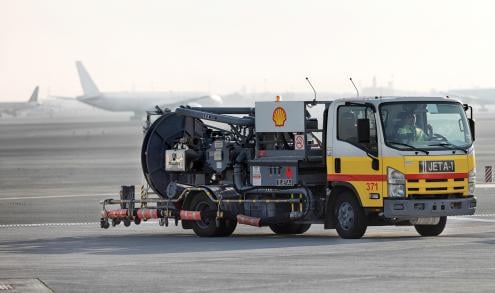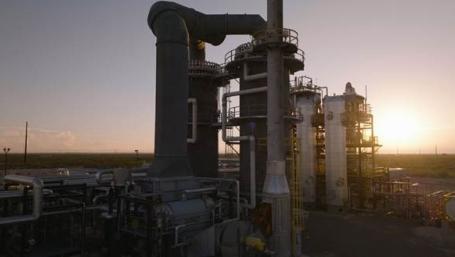Sustainable Aviation Fuel
With governments and airlines committed to decarbonizing aviation by 2050, innovative solutions are required and sustainable aviation fuels (SAF) could play a major role in meeting targets. IATA estimates that SAF could contribute around 65% of the reduction in emissions needed by aviation to reach net-zero in 2050. This will, however, require a massive increase in production in order to meet demand.
Latest News On Sustainable Aviation Fuels
May 22, 2025
Sustainability is a part of Cathay Pacific’s purpose to move people forward in life in a sustainable and responsible manner for current and future generations.
May 22, 2025
FedEx Express has begun operating flights powered by a sustainable aviation fuel blend from Los Angeles International Airport.
May 20, 2025
Titan Aviation Fuels International has launched a program to help business aviation operators comply with Europe’s complex ReFuelEU mandate.
May 20, 2025
All Nippon Airways has long been associated with innovation and excellence, which is why the airline has been awarded the title of ATW Airline of the Year.
May 20, 2025
Electrofuels producer Infinium has begun construction of its second U.S.-based e-SAF production facility, Project Roadrunner.
May 15, 2025
There is a “huge amount of uncertainty” about the UK aviation sector reaching its environmental targets, the head of sustainability for the CAA, the UK regulator.
May 14, 2025
Airlines are gradually sifting through the myriad proposals to provide SAF, deciding which are worth pursuing.
May 12, 2025
Work on a pioneering PTL SAF production pathway is progressing well at London Oxford Airport, startup developer OXCCU says.









